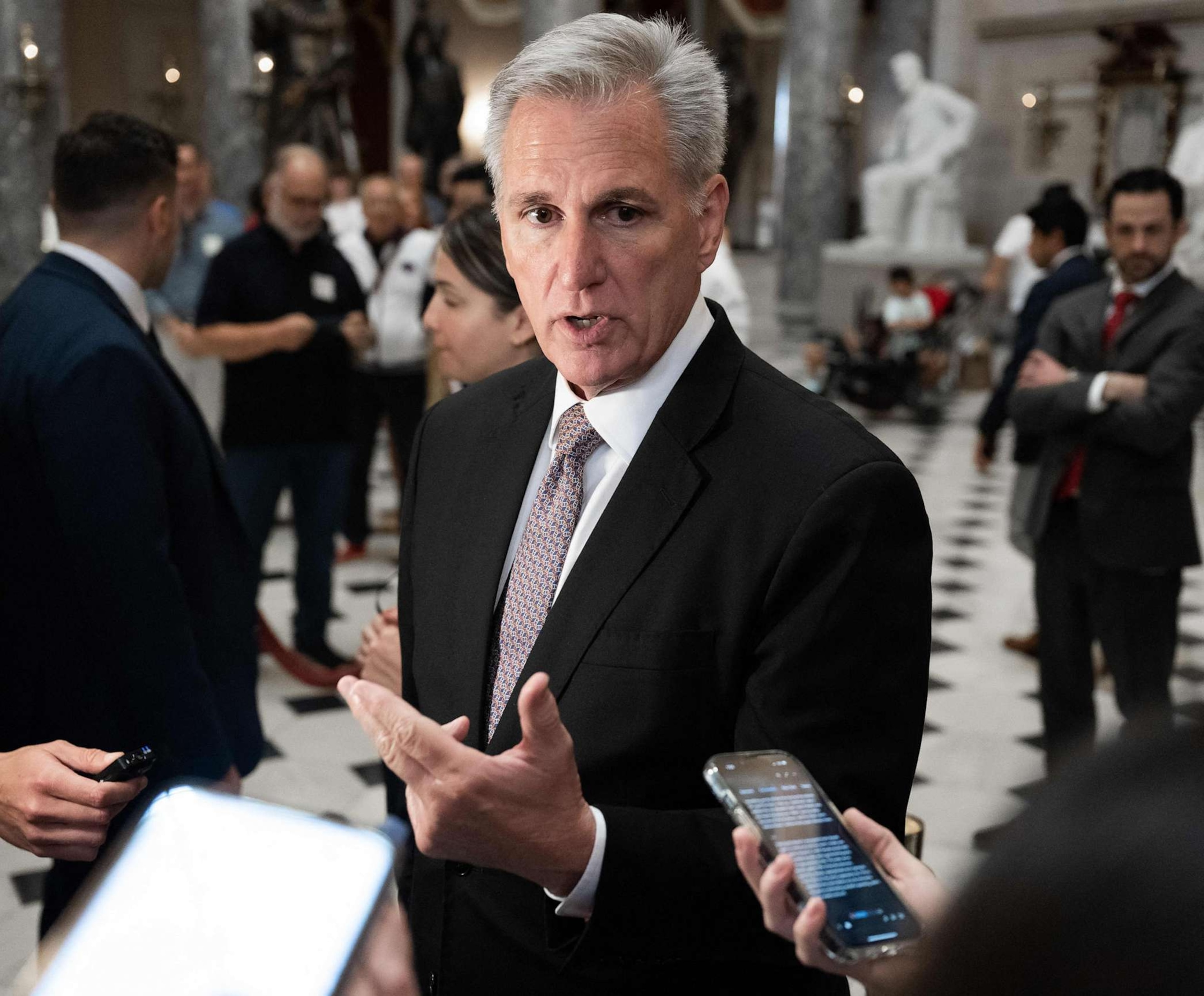Why this effort to remove a House speaker made history
Kevin McCarthy was ousted after nine months as speaker.
GOP Rep. Matt Gaetz is forcing a Tuesday vote on a so-called motion to vacate -- an effort to take away Speaker Kevin McCarthy's gavel.
While history shows previous such efforts over the years have always failed -- it's possible this one could succeed.
The push marks an attempt by Gaetz to punish McCarthy for working with Democrats to pass a government funding stopgap bill last week and prevent a partial shutdown of the federal government.
Once the motion to vacate is brought up Tuesday, Republicans could force a procedural vote to table Gaetz's vote on McCarthy, effectively killing the measure. If that fails -- or if McCarthy and his allies forgo a vote to table the motion -- the House takes up Gaetz's measure directly.

Gaetz is expected to get at least a handful of Republicans to join him, imperiling McCarthy's job given Republicans' narrow five-seat margin and possible forcing the Californian to rely on Democratic votes to bail him out.
"If five Republicans go with Democrats, then I'm out," McCarthy admitted on Tuesday.
However, Democrats could choose to help McCarthy in exchange for certain concessions, and Gaetz's effort follows a history of similar pushes that ultimately failed.
The motion to vacate has ever actually been voted on once, in 1910, in an effort to boot then-Speaker Joseph Cannon, R-Ill. The effort failed, though it did spark a series of procedural votes that ended up weakening Cannon.
Then-Rep. Mark Meadows, R-N.C., in 2015 also filed a resolution to force a vote on then-Speaker John Boehner's, R-Ohio, leadership. However, because he did not introduce it publicly on the floor, it was not "fast-tracked" for a vote and not taken up for consideration on the House floor. Still, the threat helped push Boehner to resign from Congress two months later.
Speculation mounted that motions to vacate would become commonplace under McCarthy's speakership after he agreed to allow just one lawmaker to trigger the effort as part of a deal with Gaetz and other hardliners to win the speaker's gavel in the first place. However, Tuesday's vote would mark the first time his critics' threats to oust him turned into more than rhetoric.




